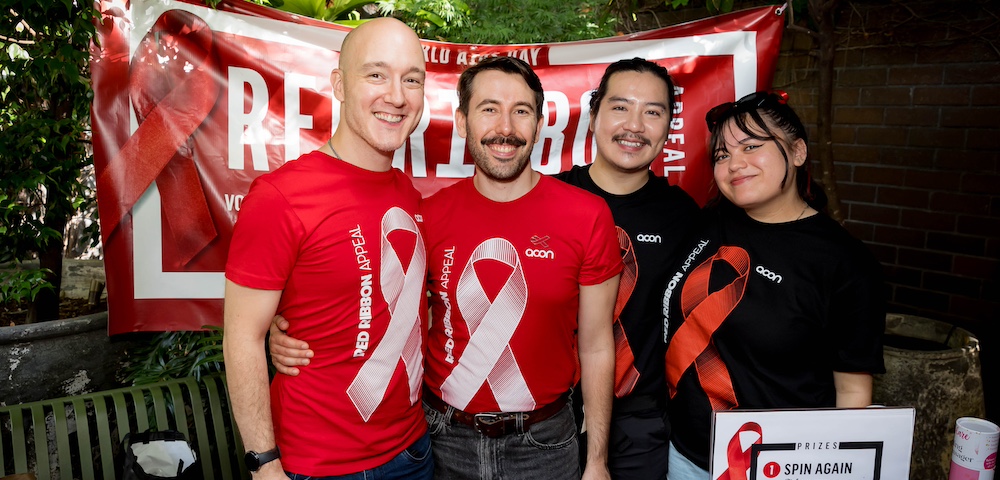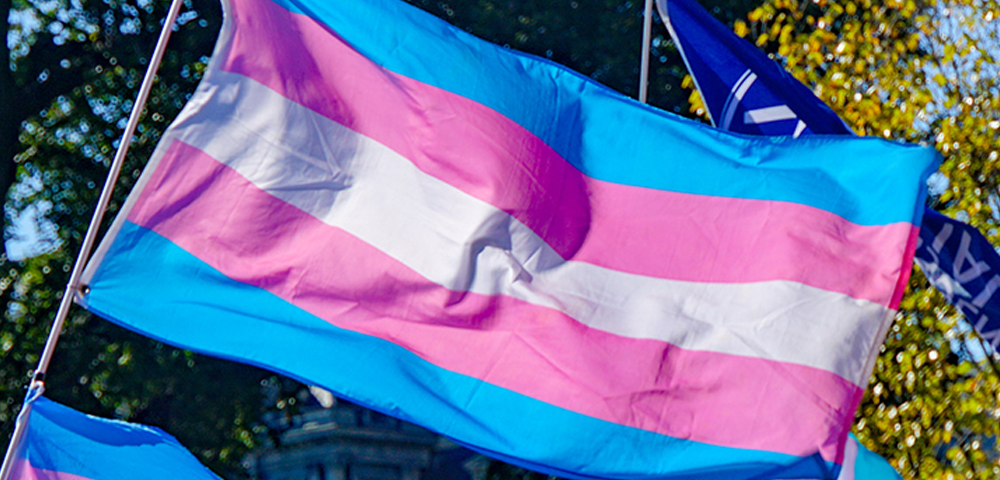
WHO Renames Monkeypox To Mpox

Monkeypox is set to be renamed “mpox”, following a recommendation by the World Health Organisation (WHO) which declared that the change was proposed to fight discrimination and stigma.
The World Health Organization announced the change on Monday, saying the outbreak of the disease early this year had resulted in an increase in “racist and stigmatising language online, in other settings and in some communities” which had been observed and reported to them.
The WHO had declared the move to change the name of the disease in June after scientists had called for an urgency to fight the implications of ‘Monkeypox’ which were described as “inaccurate”, “stigmatising” and “discriminatory”.
Monkeypox Will Be Phased Out
According to the WHO website, following consultations with experts around the globe, both ‘Monkeypox’ and ‘Mpox’ will be used simultaneously for a year, while ‘Monkeypox’ begins being phased out as a term.
Global health equity advocate and senior New Voices fellow at the Aspen Institute Dr. Ifeanyi Nsofor supported the name change, but, raised ongoing concerns about the stigma still being attached to the new name.
Dr Nsofor told National Public Radio (NPR) on Monday that the new name was better than monkeypox because it “still contains ‘pox’, which speaks to the physical nature of the disease.”
“Removing ‘monkey’ removes the stigma that monkeypox comes with and deals with the possible misinformation, about how it’s transmitted as it might falsely suggest monkeys are the main source of spreading the virus to humans”, Nsofor said.
Nsofor cautioned that the one-year delay would be “confusing” and “perpetuates everything bad with the name monkeypox.”
Mpox Cases Rise To 80,000
The total worldwide number of cases of mpox currently exceeds 80,000. Around 55 deaths have been reported to the WHO this year, from 110 countries.
As of November 24, there are 143 cases (confirmed and probable) of mpox in Australia, reflecting cases that have been diagnosed in Australia and reported to the National Notifiable Diseases Surveillance System (NNDSS) by states and territories according to the Australian Government’s Department of Health and Aged Care.
The name monkeypox originated in 1970 (after the virus that causes the disease was discovered in captive monkeys in 1958), before the publication of WHO best practices in naming diseases, published in 2015.
The best practices publication states that new disease names should be given with the aim to “minimise the unnecessary negative impact of names on trade, travel, tourism or animal welfare, and avoid causing offence to any cultural, social, national, regional, professional or ethnic groups.”
Similarly, during the height of the Covid-19 pandemic, scientists recommended renaming new variants alongside letters of the Greek alphabet because of the simple pronunciation and ‘non-stigmatising’ nature of the words.









